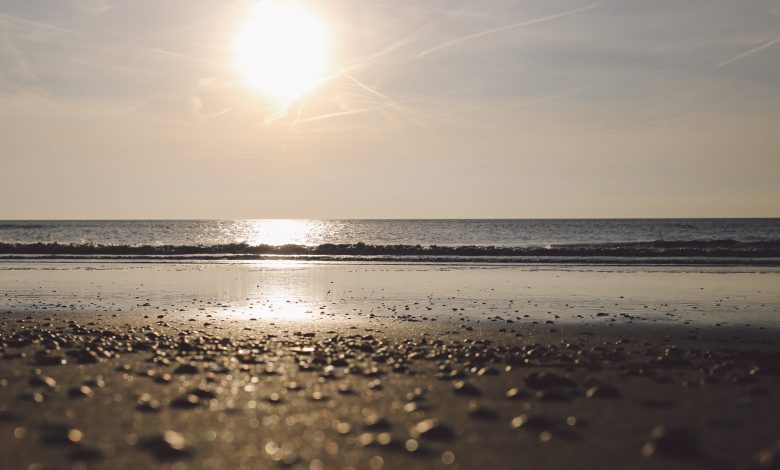Solutions rooted in nature could help combat rising sea levels

[ad_1]
With a large part of its land located below sea-level, the Netherlands is a country that has seen its fair share of floods.
These include the devastating North Sea flood of 1953, which affected Scotland, England, Belgium and the Netherlands, claiming almost 2,000 lives in the latter.
Globally, rising sea levels could have a significant impact in the years ahead. According to the European Environment Agency, in Europe, “the potential impacts of sea level rise include flooding, coastal erosion and the submergence of flat regions along continental coastlines and on islands.”
Given its own history, it’s no surprise that the Netherlands is home to an extensive range of flood defenses. These include the Delta Works, a large-scale system built after the 1953 floods. Comprised of 13 sections it includes dikes, a storm-surge barrier and dams.
Nature also has a role to play in how the Netherlands manages its unique landscape and proximity to the sea. In the northeast of the country, a foundation called EcoShape has been involved in a project to mitigate the impact of both sea level rise and subsidence.
There, salt marshes have been established using sediment from both the Eems-Dollard estuary and port of Delfzijl.
“If you look at the system here … the Eems-Dollard estuary, it’s one of the great natural areas on the edge of sea and land in the Netherlands,” said Henk Nieboer, EcoShape’s director.
Nieboer explained that, as a civil engineer, he used to work on constructions using dikes with asphalt protection.
In order to strengthen the dike, Nieboer said one option would be to remove the asphalt, raise the structure and asphalt it again, an expensive process.
“Now, we have strengthened it by creating this salt marsh which during storms will break the waves,” he said. “Apart from contributing to the flood defense, a salt marsh like this also creates multiple benefits for nature, recreation.”
Further afield, in Indonesia, EcoShape is part of a project aiming to tackle the problem of coastal erosion. One firm involved is Boskalis, a Dutch dredging and offshore contractor which also provides maritime services.
“Nature-based solutions, from a contractor perspective, are an interesting niche market that could develop in the coming years,” Boskalis’ Jaap van Thiel de Vries told CNBC.
“The Indonesian project is a nice example that is triggered by land subsidence with respect to sea-level rise,” he went on to state.
“What we’re trying to do in Indonesia is to restore the mangrove greenbelt that was originally there, but also to involve the local communities in establishing that mangrove greenbelt that is sustainable … (in) the long term.”
Source link






